As someone who has struggled with mental health challenges for much of my life, I have been through many types of treatments. I have taken countless medications, and I have been through both group and individual therapies. I have been hospitalized, and I have done magnetic and even shock therapy.
• What is Bipolar disorder?
There is value for some people in every kind of treatment, but for me, one of the most valuable tools has been photography. For me, photography is not only a form of self-expression but it is also a form of mindfulness. It helps me to be present in my body and in the current moment instead of lost in negative thoughts worrying about the past or the future. Photography helps me to be grounded in the now, and when you live with bipolar disorder and other mental illnesses, it is easy to lose contact with the now.
The following photographic images are from a series I created using multiple exposures that were combined to more closely capture my complex moods and visually represent my various mental health disorders and challenges, which include depression,anxiety, addiction, panic disorder with agoraphobia, borderline personality disorder (BPD) and elements of post traumatic stress disorder (PTSD), obsessive compulsive disorder (OCD) and attention deficit disorder (ADD). These photo composites represent darkness and light, despair and hope and the various peaks and valleys of living with mental illness as captured through my bipolar lens.
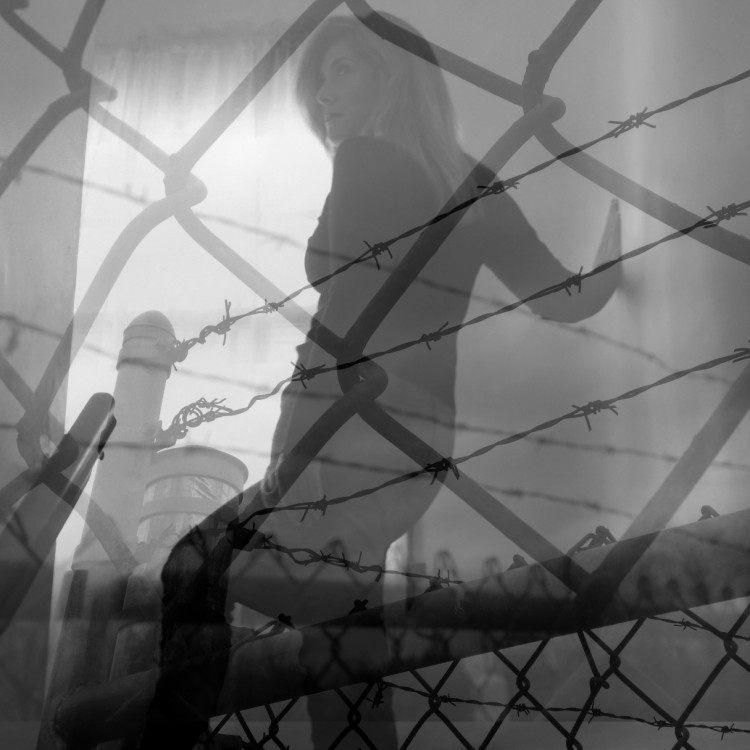
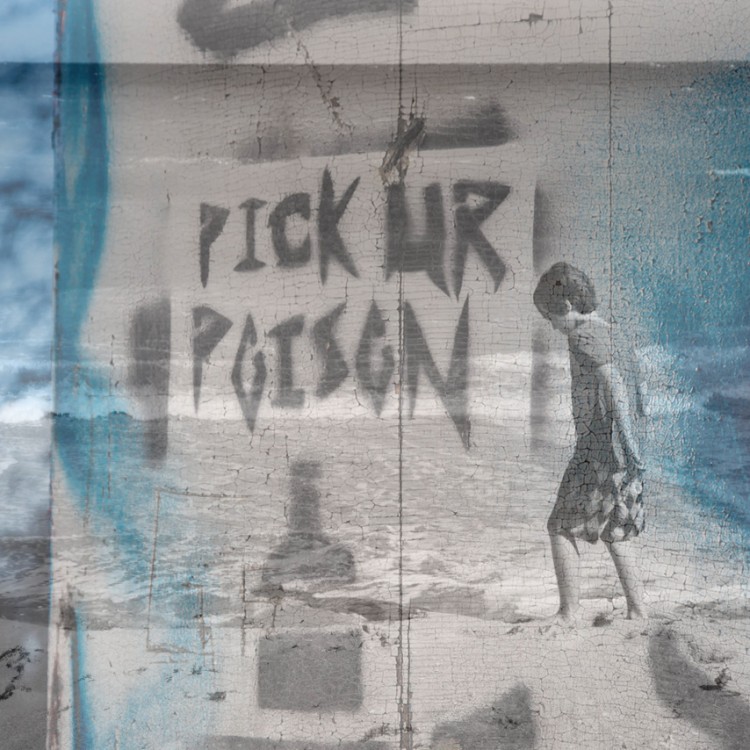
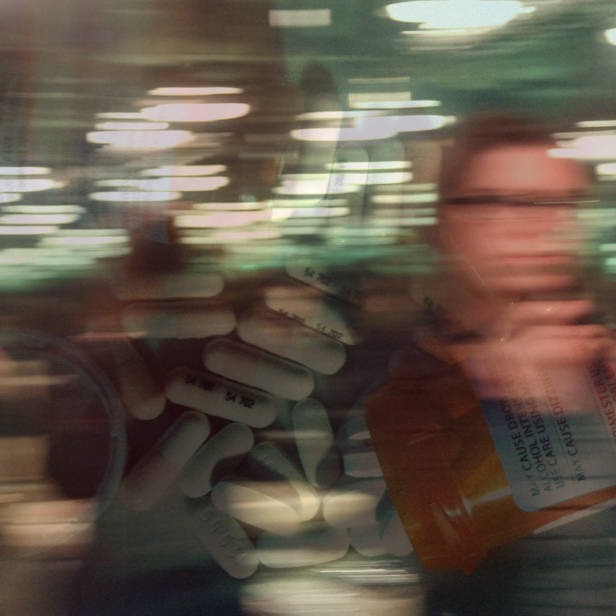
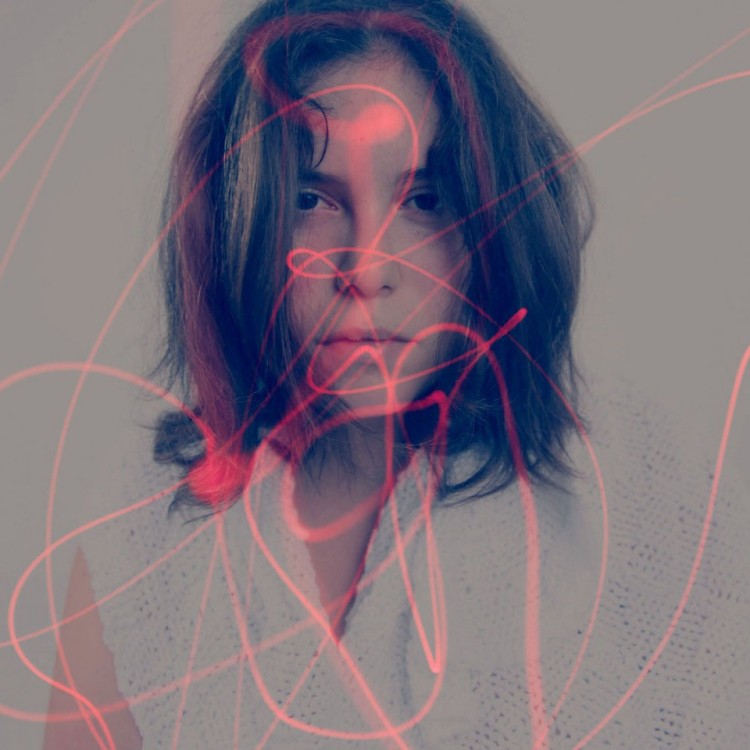
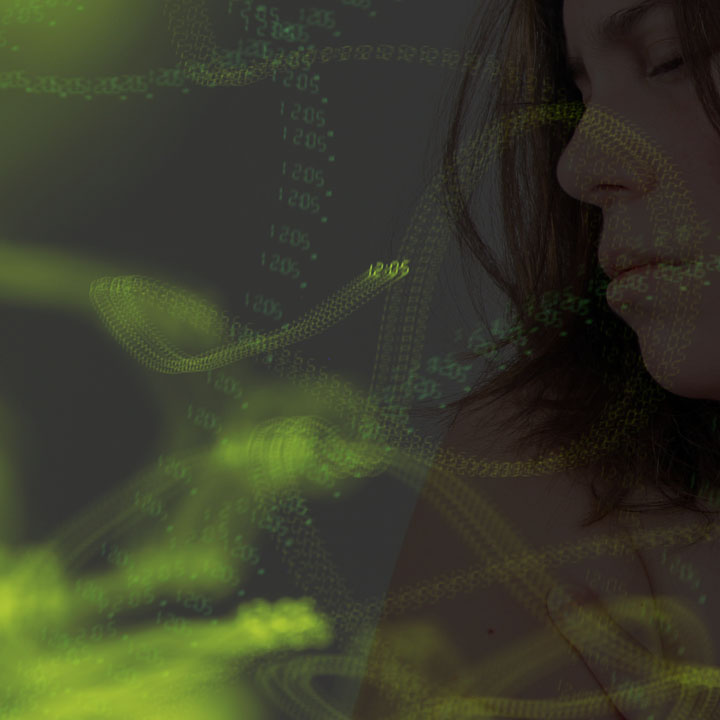
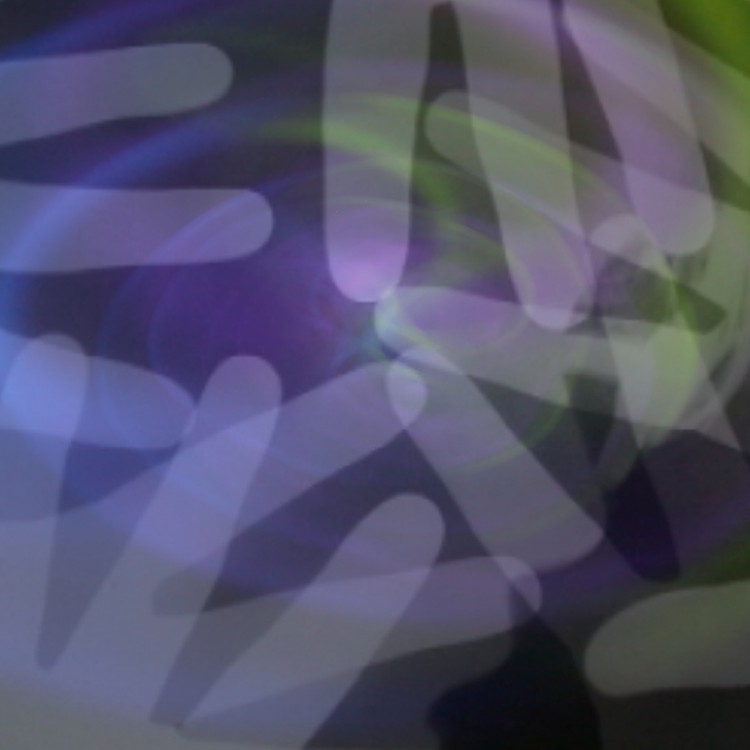
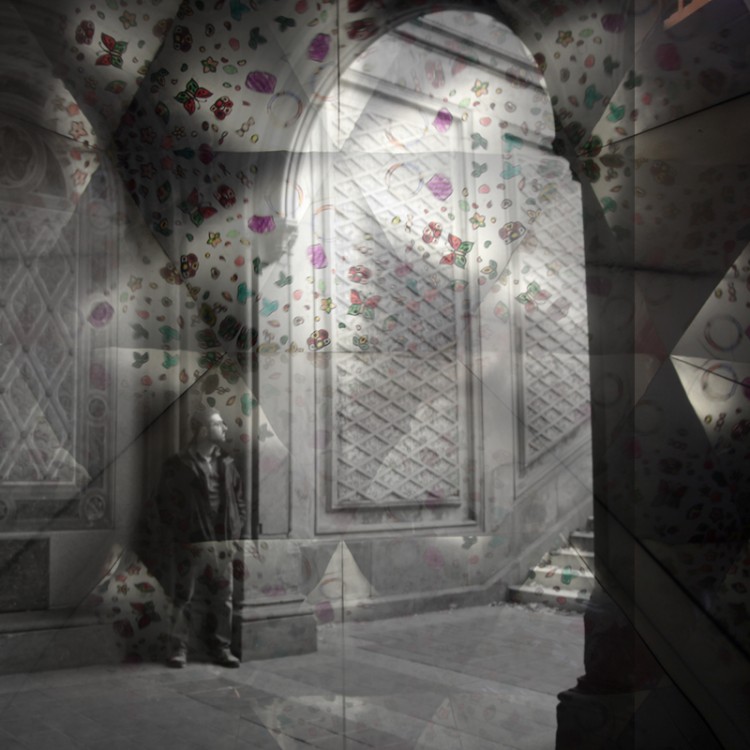
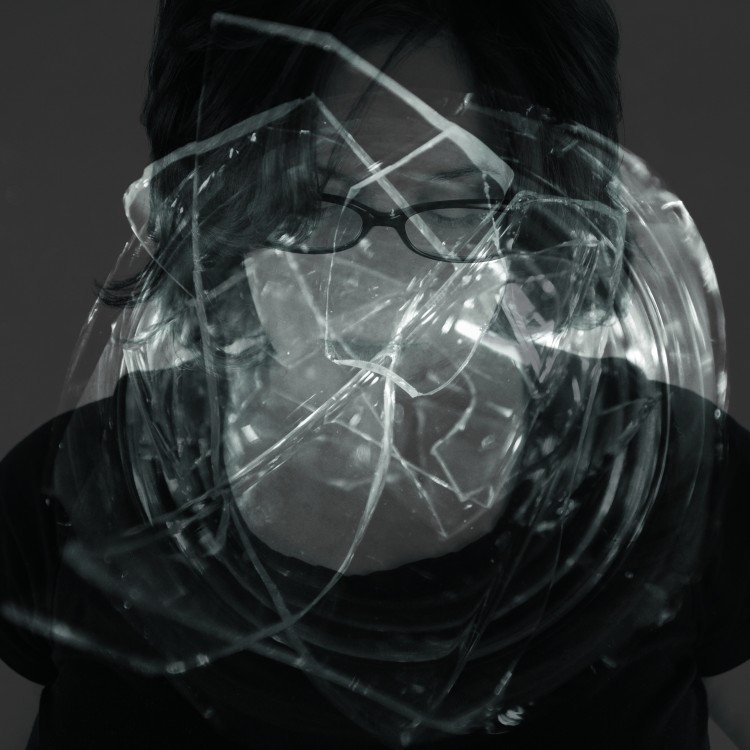
If you or a loved one is affected by addiction and need help, you can call SAMHSA‘s hotline at 1-800-662-4357.
Image via contributor.

